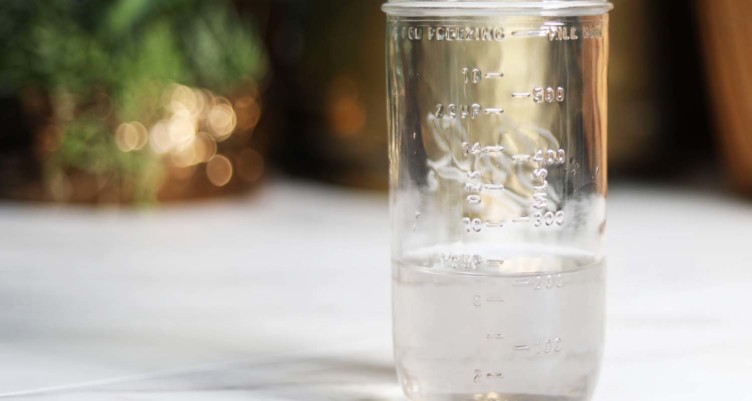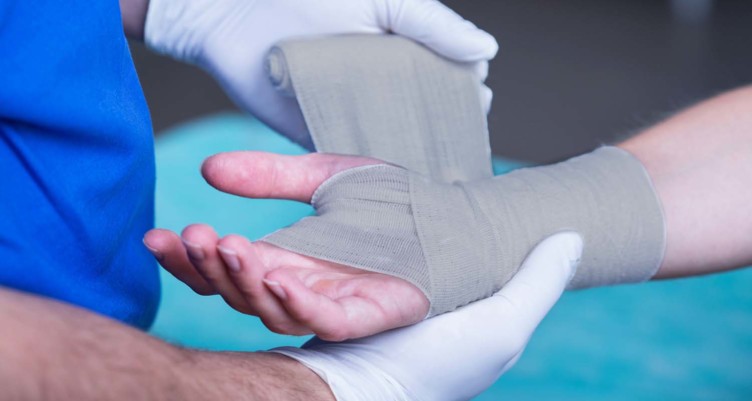Is Colloidal Silver Safe? Uses and Benefits of This Old Time Remedy

- There’s some science behind colloidal silver uses, but it’s not perfect. Most come from studies using animals or cell cultures, not placebo-controlled studies in a living human.
- Fans of colloidal silver claim it’s effective as an anti-bacterial, anti-viral, anti-tumor, and more.
- Hospitals use silver in post-surgical bandaging and wound dressings to prevent infections and speed healing.
- Read on to find out what scientists and hospitals know about colloidal silver, then decide for yourself.
When you start researching colloidal silver, you get mixed messages. Team Colloidal Silver touts it as a cure-all, backing the claims with personal stories about how it took care of problems that other remedies couldn’t touch. Then, you hear scary warnings from the other side, claiming at best that it has zero effect, and at worst it will turn you blue.
With all of the conflicting info out there, it’s hard to decide what to believe. There’s some science behind the use of colloidal silver, but it’s not perfect. Most come from studies using animals or cell cultures, not placebo-controlled studies in a living human. Is this one of those times when incomplete evidence is good enough, or should you steer clear? Read on to find out what scientists and hospitals know about colloidal silver, then decide for yourself.
What is colloidal silver

Colloidal silver is a traditional remedy that people have used for centuries to treat a variety of ails, including pneumonia, skin rashes, sinus infections and more.[1] It’s a suspension of particles of silver suspended in a medium, usually water and less commonly in a gel. The particles measure about 1/10 to 1/1000th of a micron, and they generally remain suspended in liquid. Eventually, the particles will settle to the bottom of the liquid medium, but a quick shake will disperse them again.
For ease of application, you can find colloidal silver in several forms such as a liquid, ointment, topical spray, or nasal spray.
Colloidal silver uses and benefits

Government regulatory agencies have issued statements that colloidal silver is not an effective treatment for any condition, and they have gone after a handful of companies for misleading claims about colloidal silver.[2] Yet, there are still fans of the old time remedy who won’t be swayed.
Researchers have found some evidence of its effectiveness, although findings so far have come from test tube studies and animal trials. Here are a few examples of what scientists have found so far.
- In a test tube study, colloidal silver acted like a broad-spectrum antibiotic and it was anti-fungal against certain strains.[3] That shows potential as a possible remedy for athlete’s foot or to disinfect a small cut.
- Colloidal silver triggered breast cancer cell death through antioxidant activity and other mechanisms, also in lab cultures.[4] Some alternative medicine doctors use it as part of their cancer protocol.
- Scientists observed that treatment with colloidal silver caused damage to the cell walls of cultured bacterial strains such as Salmonella, e. Coli and others. The “pits” on the outer covering weakened the cells and led to bacterial cell death.[5]
- Research showed that colloidal silver was effective against the smallpox virus in an animal study.[6]
- Scientists also observed that silver nanoparticles prevented HIV from attaching to host cells.[7]
Scientists haven’t investigated these effects in humans, likely because you can’t patent it so no group is motivated to put any funding behind testing it. So, it’s hard to say what would happen in people.
Its effectiveness might have something to do with the shape of the particles.[8] Since there’s no way to create a uniform size and shape in your colloidal silver solution, you’ll get a mix of shapes and sizes.
Use of silver in medicine

Hospitals use silver today in wound dressings and surgical bandaging to prevent infection and speed healing.[9][10] One study showed silver’s action against antibiotic resistant microbes, which hospitals are particularly motivated to control.[11]
In the recent past, hospitals used to administer silver nitrate in the eyes of newborns to prevent conjunctivitis and blindness from a mother infected with gonorrhea. Silver nitrate drops and ointment tend to irritate the eye membranes, so hospitals typically use gentler antibiotics nowadays.[12]
Another mainstream use of silver is that manufacturers weave it into “no stink” workout apparel and athletic gear to keep microbes and their odors to a minimum.
Is colloidal silver safe?
There’s concern that colloidal silver can cause argyria, or “blue man syndrome.” Do a quick image search of blue man syndrome — it’s exactly as it sounds. When you come into contact with excessive exposure to silver particles or silver dust, the colorless silver particles settle into your tissues. In the skin, the silver binds with sulfur using UV light as energy for the reaction, and black silver sulfide forms. That’s what gives your skin a blue appearance.[13][14]
The silver deposits don’t harm your system, but most people don’t want to be blue for the rest of their lives. So far, the medical community considers agryria irreversible, but scientists have been investigating the potential of laser treatments to reverse agryria with some success.[15] Occasional topical use likely won’t turn you blue, but get detailed guidance from your functional medicine doctor before taking colloidal silver internally.
Silver can also interfere with the medical action of prescriptions, like certain antibiotics and thyroid medication.[16] Consult your prescribing doctor or pharmacist for information on interactions.
Hard to say whether or not colloidal silver will ever be fully tested, to determine its true potential against diseases in humans. You can’t patent silver because it’s a chemical element, so there’s no profit motivation to direct research funding toward colloidal silver. It’s one of those things that is likely safe enough for cautious occasional use, but you should seek the guidance of a qualified professional. As with anything you’re unsure about, consult your functional medicine doctor before using it regularly, even topically, and to determine whether or not it fits in with your other conditions, supplements, and medications.
Sign up for early access to sales, product launches, the latest Bulletproof news and more!



